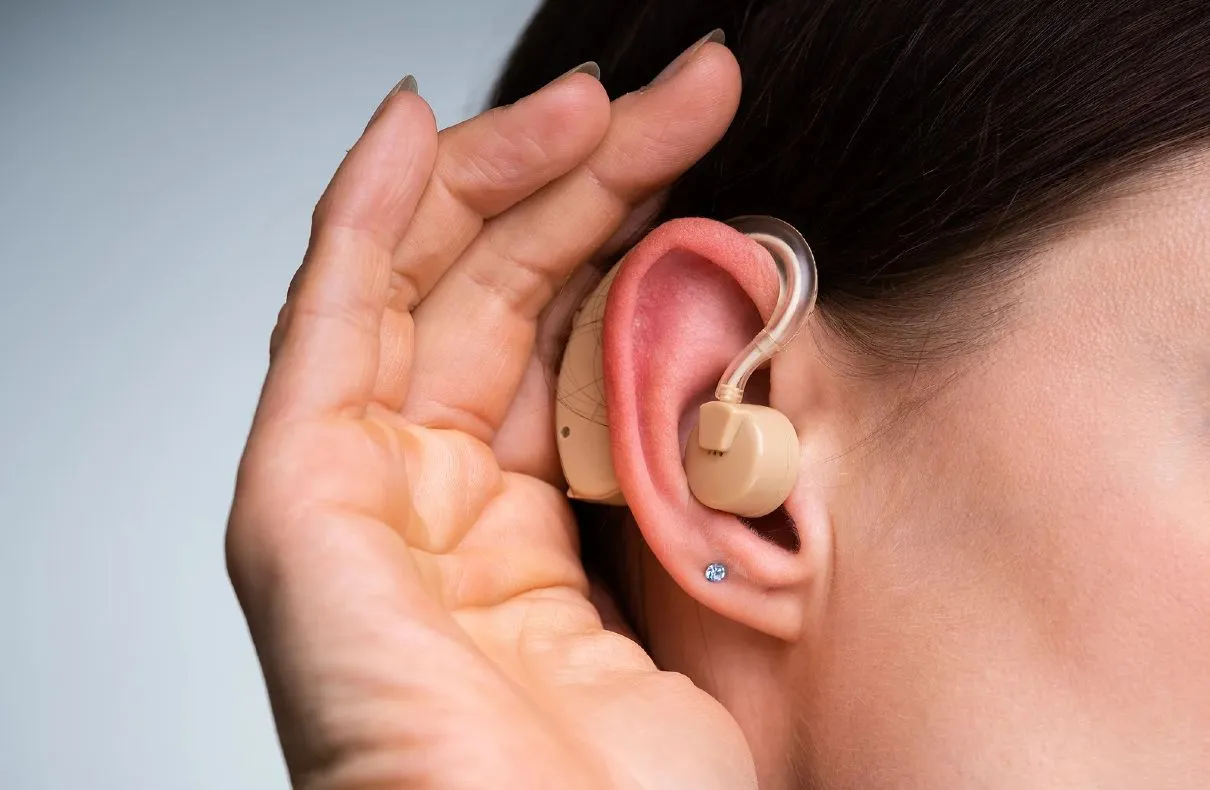Hearing loss is a common problem that affects millions of people worldwide. It not only affects our ability to communicate effectively but can also have a significant impact on our overall quality of life.
A recent study conducted by experts in the field of audiology and public health has found a strong link between wearing hearing aids and a reduced risk of mortality. The study, which analyzed data from thousands of participants over a span of several years, discovered that individuals who regularly wear hearing aids were associated with a lower chance of death compared to those who didn’t use any hearing aids.
To understand the significance of this study, it’s important to recognize the potential health risks associated with untreated hearing loss. Hearing loss is often seen as an isolated condition, but it can actually have far-reaching consequences. People with untreated hearing loss are more likely to experience social isolation, depression, cognitive decline, and an increased risk of falls. Moreover, untreated hearing loss has also been linked to various chronic conditions, including cardiovascular diseases, diabetes, and even dementia.
Study Says Hearing Aids Reduce Risk of Death
The study hypothesized that by addressing hearing loss through the use of hearing aids, individuals may lower the risk factors associated with various health conditions. Here’s how hearing aids can contribute to improved health outcomes:
- Social Engagement: Hearing aids help individuals with hearing loss stay connected to their loved ones and actively participate in social activities. This social engagement plays a crucial role in maintaining mental well-being and reducing feelings of loneliness and isolation.
- Cognitive Function: Hearing loss has been linked to cognitive decline and an increased risk of dementia. By improving hearing abilities, hearing aids can potentially reduce cognitive load and prevent or slow down cognitive decline.
- Physical Health: Hearing loss can lead to physical health issues, such as an increased risk of falls. By improving situational awareness and reducing communication barriers, hearing aids can enhance overall physical well-being and reduce the risk of accidents and injuries.
- Emotional Well-being: Untreated hearing loss can lead to emotional distress, anxiety, and depression. By providing individuals with the ability to hear and communicate effectively, hearing aids can significantly enhance emotional well-being and overall quality of life.
Based on the study’s findings, experts in audiology and public health strongly recommend the use of hearing aids as a proactive measure for improving health outcomes. If you or your loved ones are experiencing hearing loss, consider the following recommendations:
- Seek Professional Evaluation: Schedule an appointment with an audiologist to evaluate your hearing abilities and determine the most suitable hearing aid options for your specific needs.
- Consistent Use: Once you have chosen hearing aids, it is important to wear them consistently and as directed by your audiologist. Regularly using hearing aids can enable you to reap the maximum benefits they offer.
- Maintenance and Care: Proper maintenance and care of your hearing aids are essential for their optimal performance. Follow the manufacturer’s instructions and consult your audiologist for any questions or concerns.
- Regular Check-ups: Schedule regular follow-up appointments with your audiologist to ensure that your hearing aids continue to meet your needs and make any necessary adjustments.
